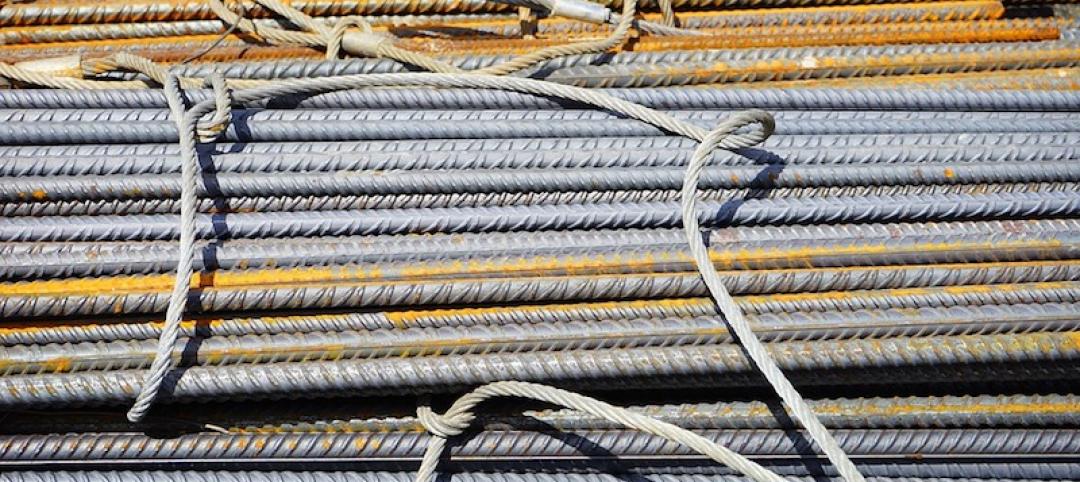Numerous impediments to completing construction projects led to declines in most categories of private construction spending in March, according to an analysis by the Associated General Contractors of America of government data released today. Association officials warn that the Treasury Department’s threats to audit or prosecute some Paycheck Protection Program loan recipients and deny loan recipients tax deductions are making it harder for construction firms already coping with declining private-sector demand to retain staff.
“Unfortunately, these numbers are only the beginning of what seems sure to be a steep decline in construction spending as current projects finish and new work is canceled or postponed indefinitely,” said Ken Simonson, the association’s chief economist. “Our latest survey found that projects as far out as June or later were being canceled last month.”
The economist noted that 10 out of 11 private nonresidential construction categories in the Census Bureau’s monthly construction spending release declined from February to March. The only exception—communication construction—probably reflected increased demand for structures to accommodate the jump in video conferencing for business, educational and personal use, Simonson added.
“In addition to the downturn in private construction, public categories were mixed,” Simonson said. “For instance, highway and street construction spending increased by 4.6 percent, which probably reflected favorable weather and the ability of highway contractors to work longer hours on nearly-deserted roads. But other major public segments, including educational construction and transportation structures such as transit projects, declined. Further declines in public construction are likely as state and local governments struggle to balance their budgets in the face of unbudgeted expenses and steep, unanticipated revenue decreases.”
Association officials said that several recent announcements by the Treasury Department are causing significant confusion about, and potentially undermining, the Paycheck Protection Program loans. They noted that recent threats by the Treasury Department to audit, or possibly even prosecute, firms that qualified for the loans was causing many firms to reconsider using the funds to protect payrolls. They added that a new IRS decision to deny tax deductions for wages and business expenses to loan recipients was also counterproductive.
“The fact that the Treasury Department continues to move the goal posts on its Paycheck Protection Program guidance is hurting construction firms that are already coping with declining private-sector demand and the prospects of significantly reduced state and local funding,” said Stephen E. Sandherr, the association’s chief executive officer. “Without further clarification from the Treasury Department, some employers may just decide it is better to return their loans and cut staff than run the risk of audit and investigation.”
Related Stories
Market Data | Aug 13, 2018
First Half 2018 commercial and multifamily construction starts show mixed performance across top metropolitan areas
Gains reported in five of the top ten markets.
Market Data | Aug 10, 2018
Construction material prices inch down in July
Nonresidential construction input prices increased fell 0.3% in July but are up 9.6% year over year.
Market Data | Aug 9, 2018
Projections reveal nonresidential construction spending to grow
AIA releases latest Consensus Construction Forecast.
Market Data | Aug 7, 2018
New supply's impact illustrated in Yardi Matrix national self storage report for July
The metro with the most units under construction and planned as a percent of existing inventory in mid-July was Nashville, Tenn.
Market Data | Aug 3, 2018
U.S. multifamily rents reach new heights in July
Favorable economic conditions produce a sunny summer for the apartment sector.
Market Data | Aug 2, 2018
Nonresidential construction spending dips in June
“The hope is that June’s construction spending setback is merely a statistical aberration,” said ABC Chief Economist Anirban Basu.
Market Data | Aug 1, 2018
U.S. hotel construction pipeline continues moderate growth year-over-year
The hotel construction pipeline has been growing moderately and incrementally each quarter.
Market Data | Jul 30, 2018
Nonresidential fixed investment surges in second quarter
Nonresidential fixed investment represented an especially important element of second quarter strength in the advance estimate.
Market Data | Jul 11, 2018
Construction material prices increase steadily in June
June represents the latest month associated with rapidly rising construction input prices.
Market Data | Jun 26, 2018
Yardi Matrix examines potential regional multifamily supply overload
Outsize development activity in some major metros could increase vacancy rates and stagnate rent growth.
















